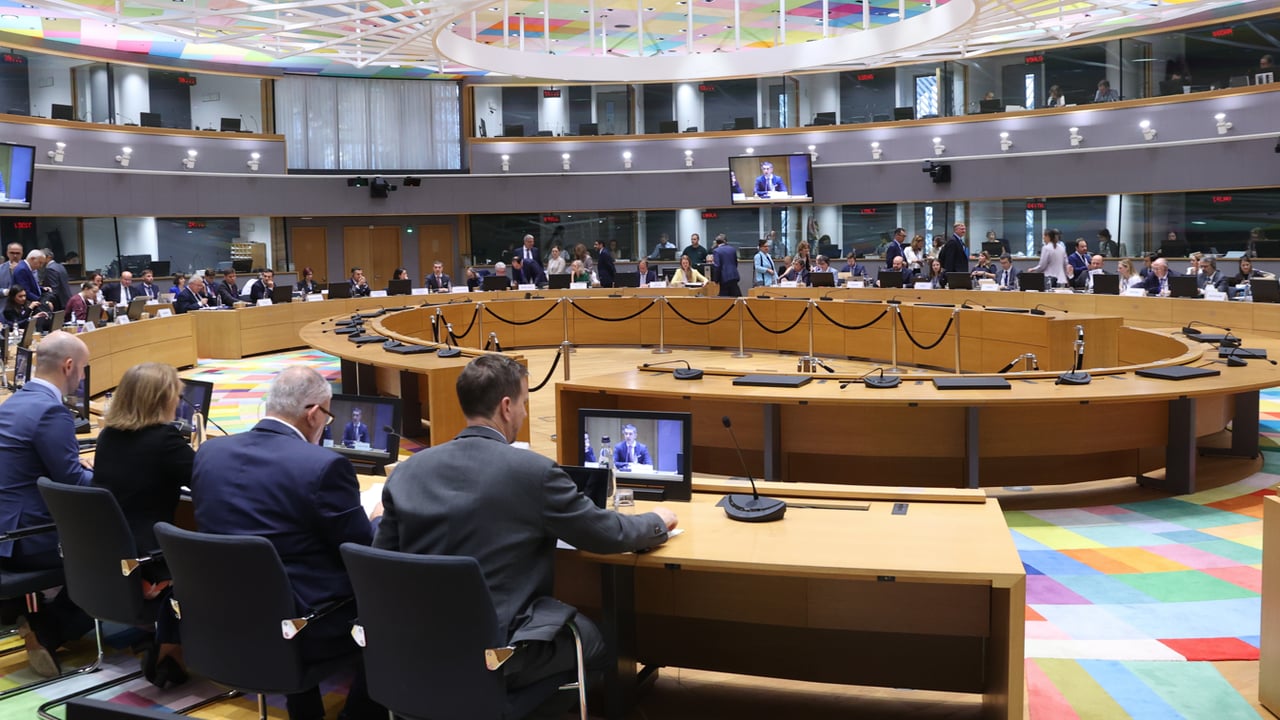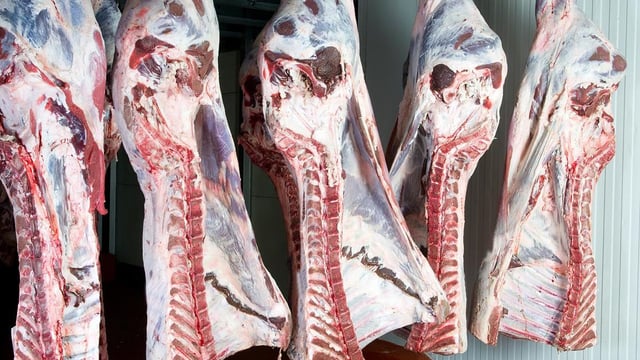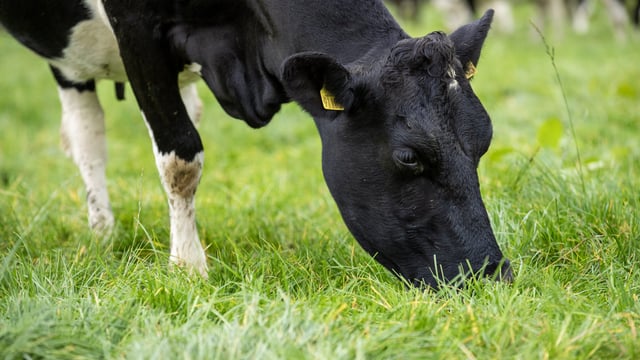EU agri ministers favour 2-pillar format of CAP
Agriculture ministers from EU member states have signaled their views that the Common Agriculture Policy (CAP) should retain its format of having two pillars.
At present, CAP is comprised of Pillar I and Pillar II.
The former is associated with direct payments and includes the Basic Income Support for Sustainability (BISS) and the eco-scheme.
Pillar II, which is ostensibly based on rural development, includes schemes such as the Agri Climate Rural Environment Scheme (ACRES) and the Targeted Agricultural Modernisation Scheme (TAMS).
Concerns have been raised in recent weeks that the next CAP, under the EU's next Multiannual Financial Framework (MFF) - the EU's long term budget - may see funding for the two pillars merged into a single funding stream.
However, at a meeting of agriculture and fisheries ministers in the Council of the EU this week, ministers did not seem keen on the idea.
The meeting was chaired by Polish minister for agriculture Czeslaw Siekierski, as Poland currently holds the rotating presidency of the council.
Speaking at the conclusion of the meeting, he said: "We heard loud and clear that the future CAP should meet the ambitions of the EU. Also, given the external factors and the challenges ahead, many elements presented by the commission were welcomed by [ministerial] delegations.
"Many ministers indicated that the future CAP should focus on food security, food sovereignty, the competitiveness of agriculture, sustainable development, and the vitality of rural areas.
"Many issues still need to be detailed; the question of direct payments, and the distribution of support. Also, many delegations pointed to the necessity of maintaining high standards for imported products," Siekierski said.
He added: "During the discussions we heard questions about the level of financing under the new CAP and the new budget. [Ministers] also stressed that the CAP should keep its two pillars."
While there was unanimous agreement among ministers on the need for simplification of CAP, some ministers questioned the process by which that would happen, including the role that the council of agriculture ministers would have.
The work of the Council of the EU is prepared by two committees of member state representatives to the EU. These committees are called COREPER I and COREPER II.
The work of the agriculture and fisheries component of the council is prepared by COREPER I. However, under current proposals it seems the issue of CAP simplification will be discussed under COREPER II, which deals with, among other things, economic and financial affairs.
However, Siekierski said that agriculture ministers were in general agreement that their component of the council should take the lead on CAP simplification.





